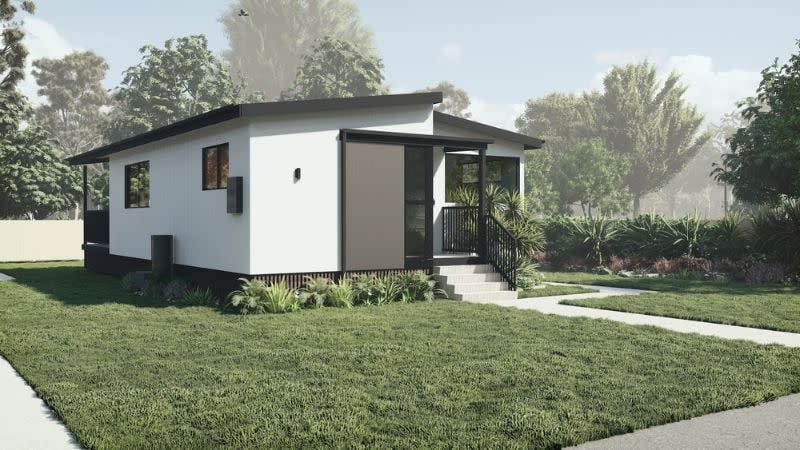
The Queensland Government’s pre-budget announcement of $2.8B to build new homes and other housing options like domestic violence shelters is much needed and welcomed. A key part of the announcement is the promise to create up to 600 new modular homes as part of the big build. These homes will go to locations such as Bundaberg, Innisfail, Mackay, Warwick and other remote and regional locations.
This announcement builds on other government commitments to MMC including the New South Wales Government’s Modern Methods of Construction Program and expands on Queensland’s QBuild Rapid Accommodation and Apprenticeship Centre.
What is modular housing and how it can help?
MMC holds immense potential for enhancing the sustainability of urban infrastructure. By leveraging off-site manufacturing processes and precision engineering, MMC reduces material waste, minimises environmental impact, and optimise energy efficiency through the construction lifecycle.
The most significant benefit of MMC is its promise to increase productivity – more buildings with less labour. These methods can see houses delivered in a fraction of the time compared to a traditional build. MMC offers unparallelled opportunities for enhancing efficiency and productivity of the construction sector.
By shifting a significant portion of construction activities to controlled factory environments, MMC mitigates the risk of delays and cost overruns associated with traditional on-site construction methods. The streamlined workflows and assembly-line production and faster project delivery times can accelerate the delivery of much needed housing and urban development. Additionally, the standardisation offered by MMC ensures greater quality control, ensuring buildings meet or exceed regulatory standards.
How much will modular homes cost?
The first thing people tend to eyeball on a new proposal is the cost. And like any new technology or enterprise, the initial cost of MMC approaches has attracted criticism.
The reality of innovation is that the first time is expensive. Conventional lightweight timber construction seems cheap only because of the decades industry has spent perfecting the process and optimising its supply chains.
This is where governments have an important role to play. By leveraging their substantial procurement spend, governments across Australia are spearheading the new methods’ early adoption, helping it demonstrate its advantages in addressing the state’s housing crisis, particularly in struggling regional areas.
As more modular homes are built and industry and community confidence grows, the construction method will move further into the mainstream and prices will fall.
Use of standardised designs and processes can unlock productivity and cost benefits, contributing to their affordability and responsiveness to demand. It can also be less resource intensive, boosting cost savings while minimising environmental impacts.
Where to from here?
The adoption of MMC requires a shift in thinking. It requires thinking about buildings as products rather than projects. More like airplanes than airports.
Governments are well positioned to act as early adopters, particularly in addressing short-term accommodation demands and other social infrastructure, such as schools, hospitals and Defence facilities.
Longer-term solutions to support modern techniques include planning reform, and creating policies that challenge developers to demonstrate how they have considered MMC in their proposals.
MMC implies significant changes in the mix of jobs and skills required to deliver building projects. Training and education systems must keep pace with these changes to ensure our workers are equipped with the skills and knowledge to succeed today and into the future.
BuildSkills is continuing to review the construction skills landscape to stay ahead of the curve. As part of this, we will be undertaking further work to better understand the jobs and skills requirements for an MMC future.



